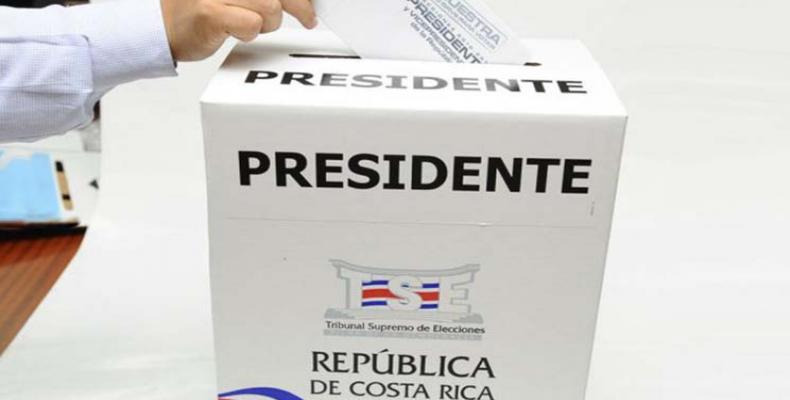
Costa Rica will go to the polls next Sunday to elect the new president of the country among a record number of 25 candidates, which confers great uncertainty and augurs a second round next April.
By María Josefina Arce
Costa Rica will go to the polls next Sunday to elect the new president of the country among a record number of 25 candidates, which confers great uncertainty and augurs a second round next April.
More than three million Costa Ricans are summoned to the election day, which will take place in the midst of an uncertain panorama, according to specialists, due to an increase in Covid-19 cases, a complex economic situation, an increase in unemployment that exceeds 14% and inequality.
And in the background the popular discontent evidenced in the protests of 2018 and 2019 against a tax reform and in 2020 by a possible agreement of the government of President Carlos Alvarado with the IMF, International Monetary Fund, which would lead to social cuts.
Opinion polls reveal that so far only three of the excessive number of aspirants have greater possibilities. They are former president José María Figueres, of the National Liberal Party, former vice-president Lineth Saborío, of the Social Christian Unity Party, and Fabricio Alvarado, of the New Republic.
Although Figueres, who governed from 1994 to 1998, has been at the helm since last August, he has seen a drop in support for his candidacy, which many link to the Diamante case scandal, involving six mayors, four of them linked to his party, for acts of corruption in municipal public works contracts.
All evidence shows that the only certainty so far is that the percentage of undecided voters remains above 40%. Four out of ten citizens with the right to vote do not have a definite preference, which leaves the door open to any result and reflects the loss of electoral base of the political organizations.
Among the highest percentage of undecided voters are women and young people, who do not identify with a specific political party and who do not seem to be convinced by any candidate.
With this background, reaching 40% of the valid votes for a first round victory seems difficult and everyone assumes a second round on April 3.
The polls also showed that for Costa Ricans the main problems of the Central American nation are unemployment, corruption and the economic situation, and only 50% considered that in the electoral campaign the candidates offered some solution to these concerns.
Costa Rica, where voting is not mandatory, will also elect next Sunday two vice presidents and the 57 members of the Legislative Assembly, in a day in which it seems that the only certainty will be a second date at the polls in April.

